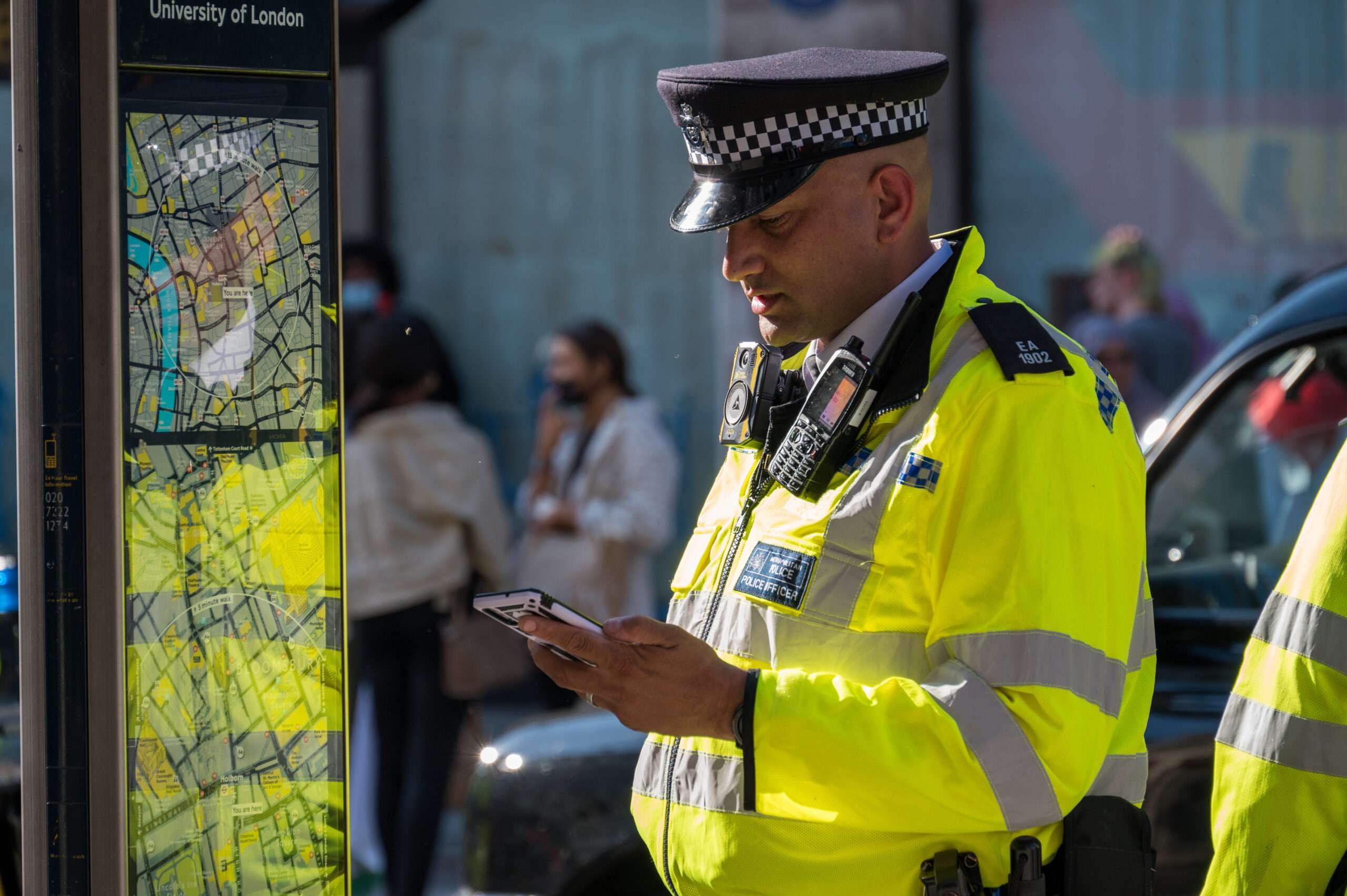Brickbat: Halt and Investigate
“Brickbat: Stop and Snoop” discusses issues surrounding privacy and government surveillance in contemporary society. The term “brickbat” implies a critical commentary on policies that involve intrusive practices justified in the name of security or law enforcement. This piece likely highlights the tension between maintaining public safety and upholding individual privacy rights, suggesting that overreach by authorities can lead to a slippery slope of diminished civil liberties.
The article may begin by exploring specific examples of government surveillance programs, citing incidents where citizens’ rights have been compromised. It could outline methods used by law enforcement or intelligence agencies to monitor individuals without their consent, such as data collection through digital platforms, phone tapping, and CCTV surveillance. These practices raise concerns about the extent to which government agencies can intrude into the private lives of citizens under the guise of national security or crime prevention.
Next, it likely addresses the implications of such surveillance for society at large. The erosion of privacy rights can create a culture of fear and mistrust, where individuals refrain from expressing dissenting opinions or engaging in legitimate activities out of fear of being monitored. This chilling effect can stifle free speech and curtail the healthy exercise of democracy, as citizens may feel less free to challenge authorities or organize protests against perceived injustices.
Furthermore, “Brickbat: Stop and Snoop” may critique lawmakers and government officials who prioritize surveillance technologies over the protection of constitutional rights. The piece could advocate for stricter regulations and oversight mechanisms to prevent abuse of power, emphasizing the need for transparency in how surveillance data is collected and used. It may also call for a public discourse on the balance between safety and privacy, urging citizens to remain vigilant and informed about their rights.
In conclusion, the article would likely stress the importance of preserving individual privacy in an increasingly monitored society. It may conclude with a rallying call for collective action, encouraging citizens to demand accountability from their governments and to support policies that safeguard personal liberties. Maintaining an ongoing conversation about privacy rights and surveillance practices is crucial in shaping a society that values both security and individual freedoms.
Share this content:












Post Comment